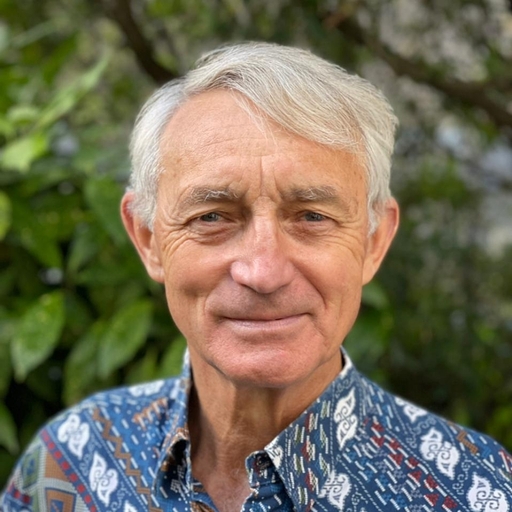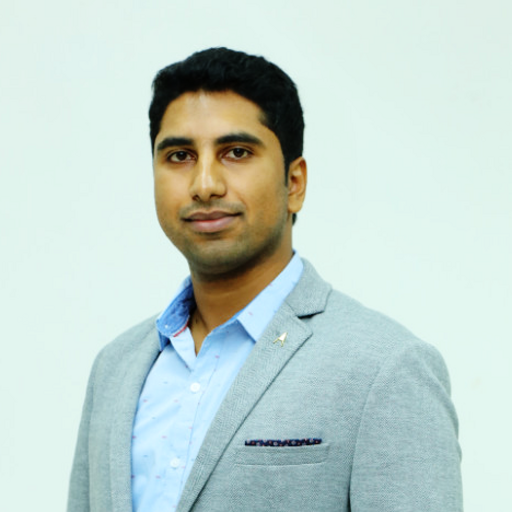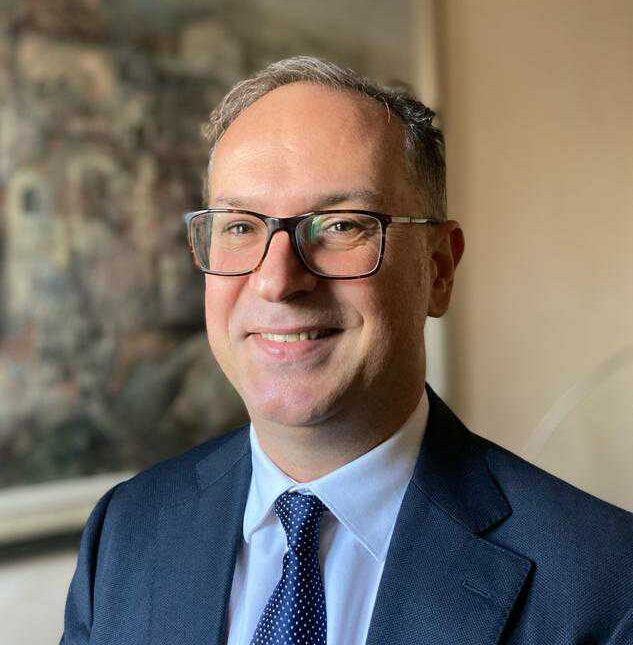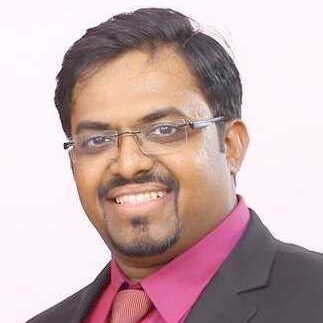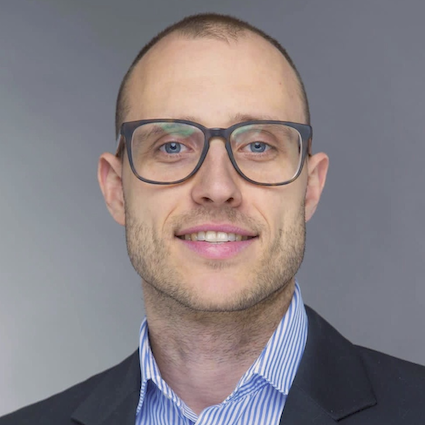Workshop Abstract
Across the Energy Industry there are still many challenges with the sharing of information between business units, wherein data is in many cases siloed in isolated data platforms.
In this workshop we will show how the EnergyLink Ecosystem leverages multiple Open Standards to provide efficient and secure transport mechanisms, and how through close collaboration with business partners we are transforming the traditional data management landscape.
There are many different data types across the Energy Industry, and this has led to highly specialized data management solutions, and inevitable lock-in to vendor solutions. By providing integrated middleware gateway solutions, we enable the flow of required information from secured siloes into an EnergyLink instance. This data transfer may be controlled by the owners of each silo, thereby not compromising the integrity and security of that data, yet enabling a common access point to integrated information for authorised users.
Speakers
Workshop Agenda
Time
Session
08:00 – 08:20
Welcome and Introduction
An Overview of the Transformation of Data Management within the Energy Industry by Jon Curtis
08:30 – 09:00
Session 1:
The Role of Open Standards in the Energy Industry
Speakers:
Ching Yang, Bertrand Rioux
Session Chairs:
Jon Curtis
In this session, we will firstly review the evolution of Open Standards and the central role that they have played at Saudi Aramco in improving well construction efficiencies
After identifying the limitations of the current XML based real time data transfers, we will show how the emerging Open Subsurface Data Universe (OSDU} data standards are being adopted by Energy companies.
We will also give a brief overview of the latest Open Group initiative called the Open Footprint (OFP). This forum is developing a data model that enables the capture and reporting of carbon footprint data, both for emissions and carbon sinks. This will enable the development of the carbon capture, utilization and storage (CCUS) market, in which Saudi Aramco is expected to be the major player.
09:00 – 09:30
Session 2:
From Data Integration to Automation: Edge Technology Applied to Data Workflows
Speaker:
Hamood Meraj, Gionata Ferroni
Session Chairs:
Binil Mathew
The analysis of any type of Energy Industry data starts with the acquisition of high quality information at ‘The Edge’.
In this session we will give an overview of the Universal Data Acquisition (UNIDAQ) devices that have been developed, and how they enable ‘Analytics at the Edge’
09:30 – 10:00
Session 3:
Remote Operations for Improved Insights in Well Delivery
Speaker:
Hamood Meraj, Binil Mathew
Session Chairs:
Gionata Ferroni
We will review the development of the Drilling Real-Time Drilling Data Hub (DRTDH) for Saudi Aramco, and the subsequent evolution of a WITSML centric Viewer that was able to display well data from any vendor source.
We will look into the future of real time operations with the ever increasing expectations on well construction efficiency
10:00 – 10:30
Break
10:30 – 11:00
Session 4:
Moving Towards an All-Energy Data Management System
Speaker:
Gionata Ferroni, Jon Curtis
Session Chairs:
Jignesh Janardhanan
Energy Companies are now expanding their portfolios to include Renewable and Low Carbon energy sources.
We will review how the EnergyLink Ecosystem is incorporating these new data flows
11:00 – 11:30
Session 5:
The Future Is Here: Carbon Capture, Utilization and Storage
Speakers:
Jignesh Janardhanan, Jon Curtis, Ching Yang
Session Chairs:
Bertrand Rioux
CCUS will be a rapidly growing industry over the coming decades. The transition to low carbon and renewable energy resources is already well under way, but alone will not enable stated corporate and national Net Zero targets to be reached. To reach those targets, whilst still acknowledging the demand for fossil fuel extraction, ways are also needed to sequester carbon emissions.
CCUS will have a significant role to play in the future.
We will show how the EnergyLink Ecosystem enables the recording and validation of sequestered emissions, and how those are then subsequently monetised


